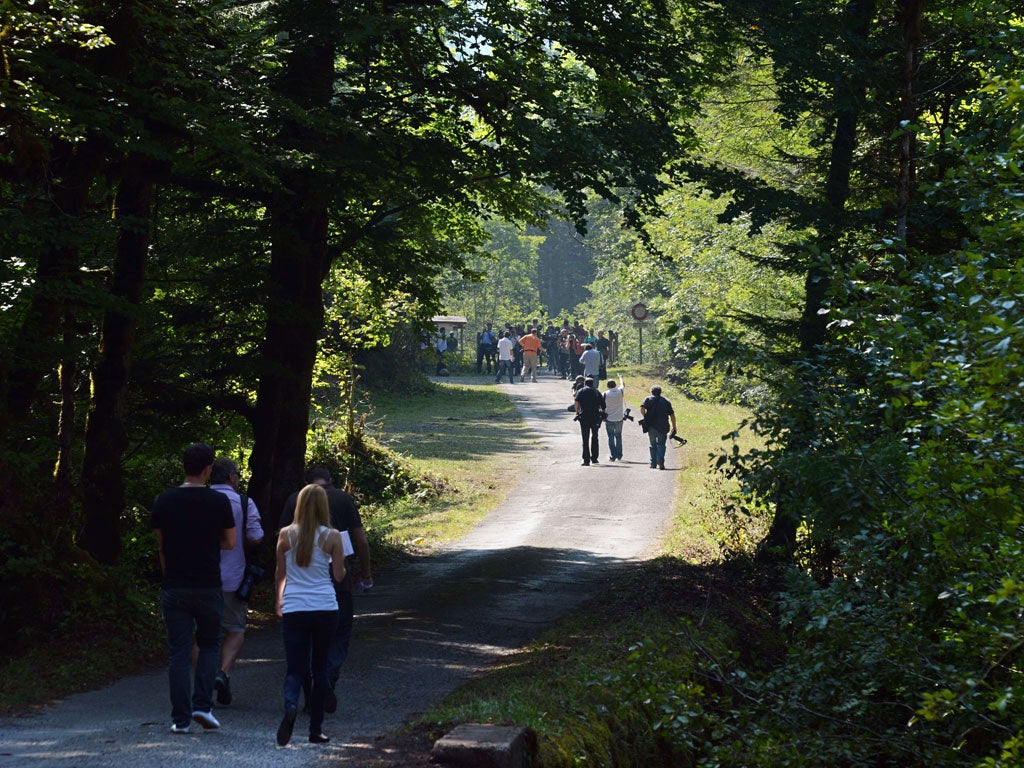Rolling news devours everything in its path
The horrific French Alps murder case was everywhere in the news, and now, we don't hear about it.

It's a month since an Iraqi-born British man, his wife and mother-in-law were murdered in the French Alps, and one of their daughters seriously injured. The case attracted huge publicity and prompted many theories, each more improbable than the next, until it suddenly dropped out of the headlines. In a barely noticed development last week, the chief prosecutor acknowledged that there's no hope of finding the perpetrator "in the near future".
Last week, hundreds of people turned out to join the search for April Jones, the five-year-old girl who was abducted in west Wales on Monday evening. April's abduction attracted as much, if not more, attention as the attack on the al-Hilli family. Such cases generate huge public interest, which is helpful to the police if it encourages witnesses to come forward, but often there's nothing new to report. A local man was arrested on suspicion of abduction the following day but after that there were no developments until Friday, when detectives announced the case was now a murder inquiry.
There is an option here, which is turning away the cameras until there's a genuine development, but it's gone out of fashion. In this instance, the spectacle of TV correspondents roaming a Welsh town in desperate search of someone to interview would have been comical if it hadn't been caused by such a tragic event. There were endless shots of police officers in Machynlleth, with a running commentary from "experts" whose task was to explain what the cops were doing. They're knocking on doors! They want to speak to the people inside! They're searching an allotment – with sticks!
Profiles of the arrested man were published, revealing details of his life in a way that recalled the treatment of Chris Jefferies, the Bristol landlord mistakenly arrested in connection with the murder of Joanna Yeates. Then disaster struck Sky News presenter Kay Burley, who inadvertently broke the news that the investigation had become a murder inquiry to two local people live on air. One of them broke down on camera and Burley didn't think quickly enough to stop the interview there and then. It was excruciating to watch, and caused a storm on Twitter, where the Labour MP Tom Watson condemned Burley's behaviour as "insensitive bordering on cruel".
The real culprit here is the ravening appetite of the 24-hour news cycle. It gobbles up people and subjects, demanding endless updates when nothing is happening. One of its effects is to create rescue fantasies, leading onlookers to over-estimate their ability to influence the outcome of a search. Its impact on families has been rehearsed at the Leveson inquiry, which heard how the McCanns were affected by the insatiable demand for new stories after Madeleine was snatched. But another aspect of all this is how quickly, in some cases, the caravan moves on. A month later, who even remembers the names of the two little girls orphaned in that terrible massacre in the Alps?
Join our commenting forum
Join thought-provoking conversations, follow other Independent readers and see their replies
Comments